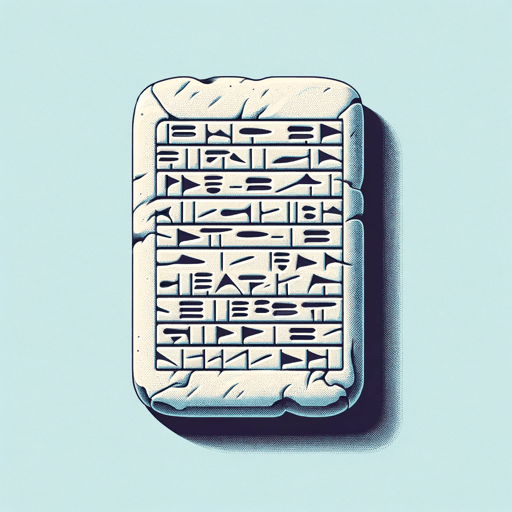47 pages • 1 hour read
George Samuel ClasonThe Richest Man in Babylon
Nonfiction | Book | Adult | Published in 1926A modern alternative to SparkNotes and CliffsNotes, SuperSummary offers high-quality Study Guides with detailed chapter summaries and analysis of major themes, characters, and more.
Themes
Youthful Inexperience in Finance
Throughout Clason’s work, he presents his younger characters as naïve or reckless with their finances and emphasizes how important it is to develop good financial habits when young. Whether writing about lower- or upper-class characters, Clason presents these young men as work-shy and unknowledgeable about the basics of managing money. Indeed, most of his characters’ experiences of poverty and distress begin with youthful financial mistakes, such as borrowing too much money from creditors, gambling away their savings, or making unwise investments. For example, Dabasir is plunged into poverty and then enslavement when, as a young man, he borrows far too much money and flees the city to escape his angry creditors. Similarly, Arkad’s son, Nomasir, quickly spends his father’s gold on unreliable business investments in his effort to get rich quickly and easily. Meanwhile, poor Tarkad subsists on small loans, which he quickly spends on food, and lives in fear of his creditors, with no long-term plan to become financially stable.
Clason’s savvy character Mathon, a moneylender, characterizes youths as being overly “ambitious” with money and prone to making significant mistakes (60). He blames young people’s poor decision-making on inexperience, arguing that they do not understand the severity of the consequences they could face:

